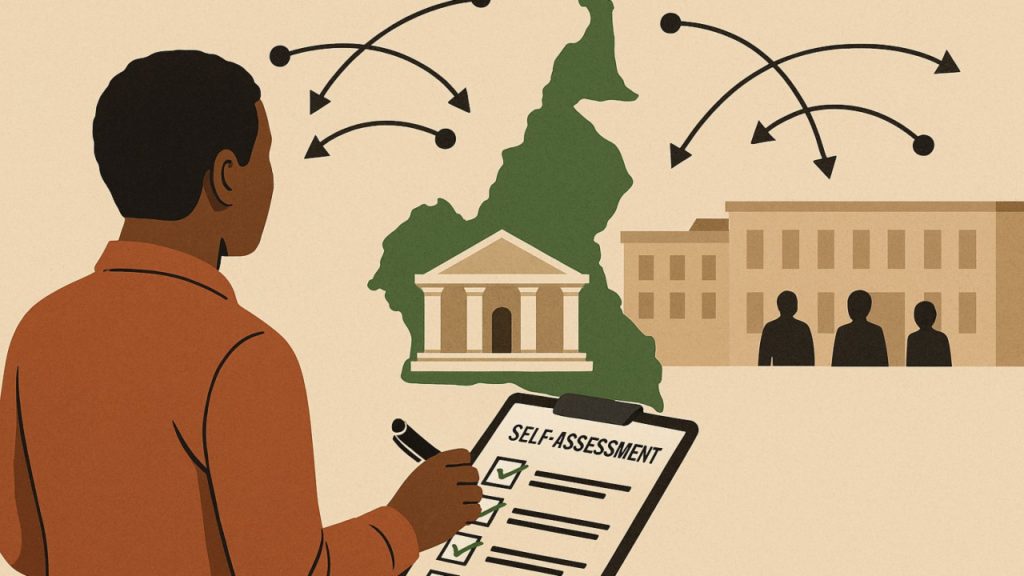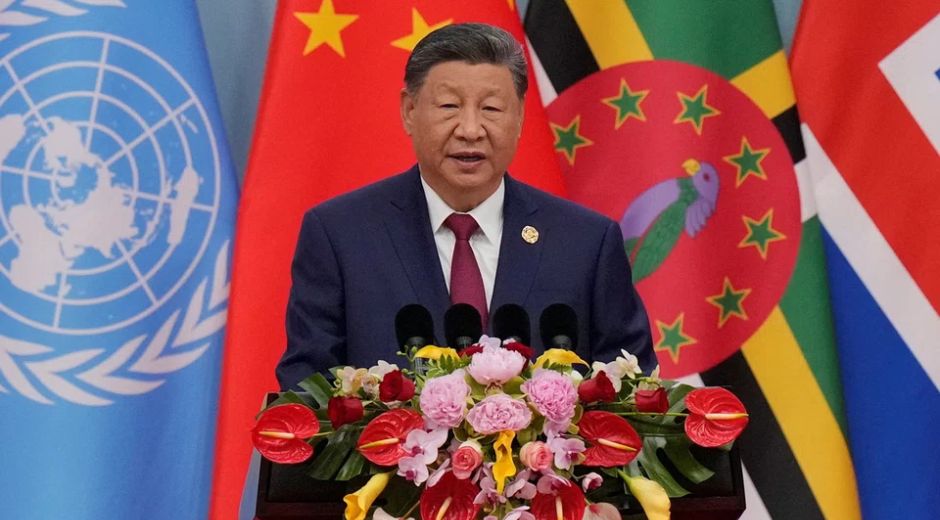Decentralization and Its Impact on Local Governance
Decentralization and Its Impact on Local Governance
In modern governance, decentralization is a key strategy for improving efficiency, transparency, and responsiveness. By shifting authority from central governments to local administrations, communities gain more control over decisions that affect them directly. This approach enhances service delivery and encourages citizen participation.
Understanding Local Governance
Decentralization involves transferring responsibility and resources from central authorities to regional or local governments. This can take several forms:
-
Political empowerment: Elected local councils gain decision-making power.
-
Administrative delegation: Local agencies handle managerial duties.
-
Fiscal autonomy: Local governments manage budgets and revenue.
By empowering local authorities, governance becomes more responsive and tailored to community needs.
Benefits of Local Empowerment
The advantages of this approach include:
-
Efficiency: Local officials can address issues faster than central authorities.
-
Accountability: Residents can monitor and influence local decisions.
-
Participation: Citizens engage more actively in governance.
-
Customized Policies: Programs reflect local conditions and priorities.
Countries that have implemented decentralization often see improved delivery of public services in health, education, and infrastructure.
Challenges to Consider
While empowering local authorities has benefits, it also poses challenges:
-
Resource disparities: Some regions may have more funds than others.
-
Capacity gaps: Local governments may lack trained staff.
-
Coordination problems: Misalignment between central and local authorities can create inefficiencies.
-
Accountability risks: Without oversight, local corruption may occur.
Careful planning, clear frameworks, and capacity-building initiatives are crucial to address these challenges.
Case Studies
Several countries provide useful lessons:
-
Brazil: Municipal governments manage healthcare, improving access and efficiency.
-
India: The Panchayati Raj system empowers village councils to oversee local development.
-
Philippines: Local units have fiscal and administrative control, increasing citizen participation.
These examples show that decentralization works effectively when combined with resources, clarity of roles, and community involvement.
Fiscal Management
Fiscal control is essential for empowering local authorities. Managing budgets and allocating resources locally ensures programs align with community priorities. Transparency is key, with public disclosure of budgets and audits encouraging accountability. For practical guidance on public finance and sustainable budgeting, Finance World Hub offers valuable insights.
Citizen Engagement
A central aim of decentralization is promoting civic participation. Mechanisms like town hall meetings, advisory boards, and participatory budgeting give citizens a voice in local decision-making. This involvement fosters a sense of ownership and improves trust in local governance.
Technology Supports Local Governance
Digital technologies enhance local government effectiveness. E-governance platforms, online services, and digital feedback systems allow local administrations to operate efficiently while remaining transparent. Residents can monitor projects, access information, and provide input conveniently.
Digital tools also facilitate coordination with central authorities, ensuring smooth policy implementation.
Future Prospects
Looking ahead, decentralized governance will continue to shape administrative structures worldwide. Governments seeking efficiency, equity, and democratic participation are adopting localized frameworks. Balancing autonomy with oversight ensures local authorities respond to community needs without fragmentation.
Capacity-building, institutional support, and citizen engagement are essential for achieving positive outcomes. Additional insights are available at Politicxy.
Conclusion
Decentralization transforms governance by bringing decision-making closer to communities, fostering efficiency, accountability, and active citizen engagement. By empowering local governments, decisions are made by those who best understand the unique needs and priorities of their communities, rather than relying solely on centralized authorities. This localized approach allows policies and programs to be more targeted, adaptive, and effective, improving service delivery in areas such as healthcare, education, infrastructure, and public safety.
Moreover, decentralization strengthens democratic participation by providing citizens with meaningful opportunities to influence decisions that impact their daily lives. Through mechanisms like participatory budgeting, town hall meetings, and advisory councils, residents develop a sense of ownership over local projects. This engagement not only improves transparency but also builds trust in government institutions, ensuring that resources are used responsibly and efficiently.
Financial autonomy is another critical aspect of decentralization. When local governments control budgets, manage revenues, and prioritize spending based on community needs, they can address local challenges promptly. Fiscal management at the local level also encourages innovation in policy implementation, allowing communities to experiment with solutions that may later inform national strategies. For guidance on managing resources effectively while implementing decentralized frameworks, Finance World Hub provides valuable insights.
Decentralization also benefits from technological integration. Digital tools, e-governance platforms, and online feedback systems enhance transparency, streamline communication between central and local authorities, and enable citizens to monitor progress efficiently. By leveraging technology, local administrations can optimize service delivery, track performance metrics, and address challenges proactively, making governance more responsive and adaptive.
In the long term, decentralization contributes to sustainable governance by creating resilient administrative structures capable of responding to emerging social, economic, and environmental challenges. Communities become more self-reliant, participatory, and accountable, while national governments benefit from more effective coordination and resource allocation. The successful implementation of decentralization requires careful planning, continuous capacity-building, and active citizen engagement, ensuring that the benefits are both tangible and enduring.
Ultimately, decentralization is not just a policy choice—it is a transformative approach that strengthens democracy, enhances the efficiency of public services, and empowers citizens to play an active role in shaping the future of their communities. For additional insights into modern governance strategies and best practices for implementing decentralized frameworks, Politicxy offers comprehensive resources and expert analysis.
The Pulse of Politics

Political Stability and Long Term Development
Political Stability and Long Term Development

Global Governance in a Fragmented World
Global Governance in a Fragmented World

Civil Liberties Under Political Pressure
Civil Liberties Under Political Pressure

State Surveillance and Civil Freedoms
State Surveillance and Civil Freedoms

Policy Reform and Political Resistance
Policy Reform and Political Resistance













